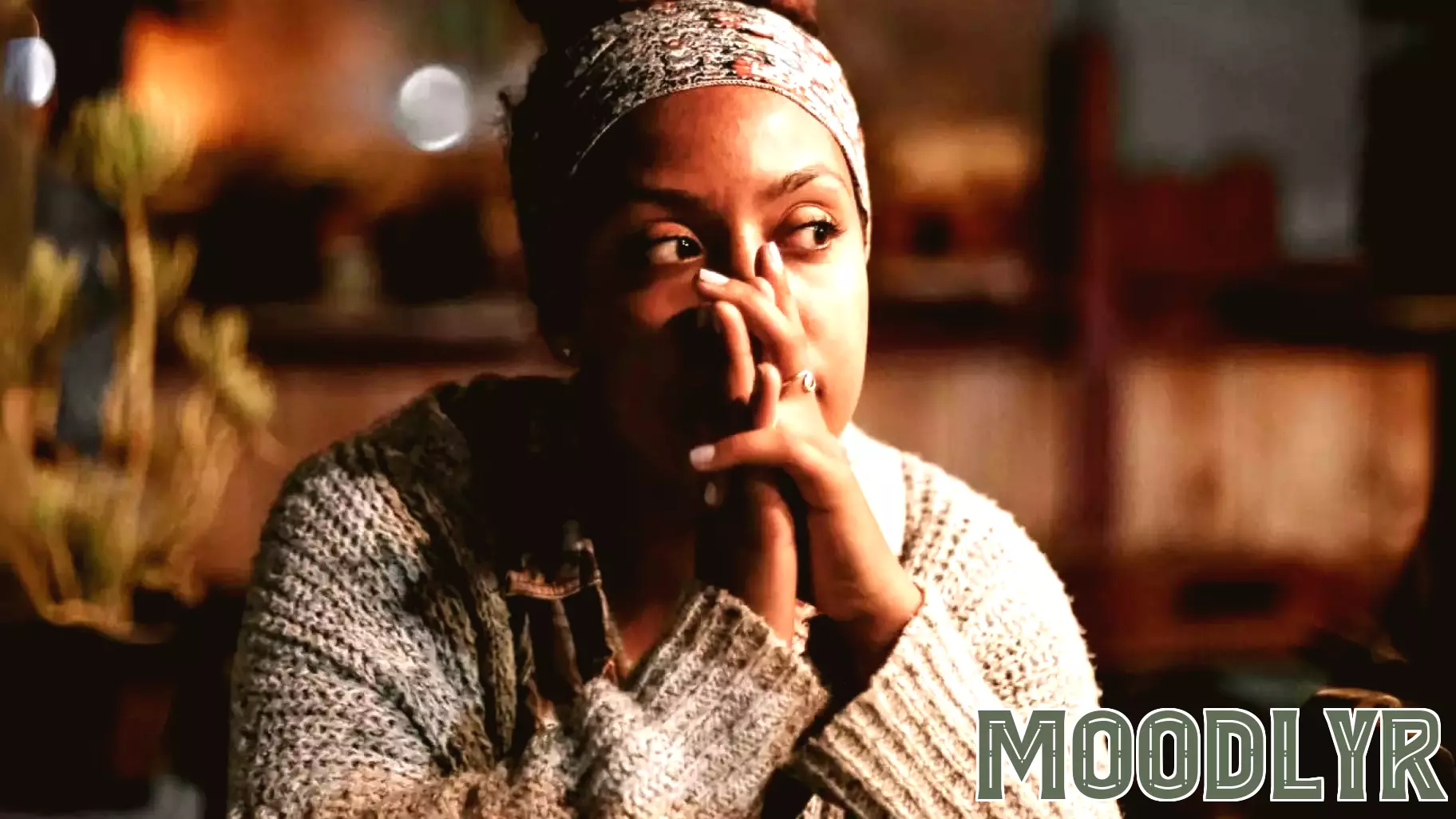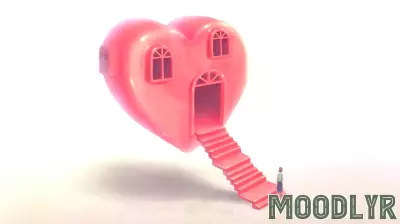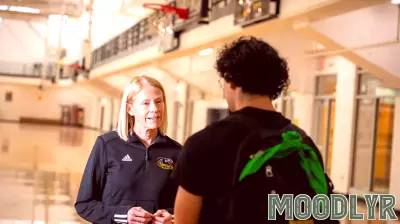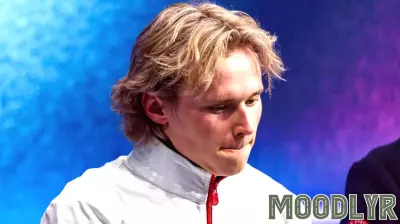Subtle Behaviors That May Indicate Hidden Depression
January 4, 2025 - 21:01

Depression can often manifest in unexpected ways, revealing itself through a range of subtle behaviors that might go unnoticed. Recent insights from psychology suggest that certain actions may hint at deeper emotional struggles. Individuals may exhibit a tendency to isolate themselves, withdrawing from friends and family, which can be a significant red flag.
Another behavior to watch for is an increase in irritability or anger, often stemming from underlying feelings of sadness or hopelessness. Changes in sleeping patterns, whether it's insomnia or excessive sleeping, are also common indicators. Additionally, a lack of interest in previously enjoyed activities can signal a shift in mental health.
People may also engage in compulsive behaviors or routines as a coping mechanism. Frequent mood swings and difficulty concentrating can further highlight the presence of hidden depression. Understanding these signs is crucial, as they can serve as important reminders to seek help and foster open conversations about mental health.
MORE NEWS

February 21, 2026 - 02:30
Home Really Is Where the Heart IsThe age-old saying `home is where the heart is` is more than just a sentimental phrase; it is a neurological reality. New research suggests that the profound feeling of home is an idea we...

February 20, 2026 - 05:37
Racist Attitudes Linked To Future Psychological Distress – But Could Both Be Fueled By Something Else?A new research study is challenging the straightforward assumption that holding racist views directly causes future mental health problems. While confirming a link between prejudiced attitudes and...

February 19, 2026 - 04:05
UWM Professor Uses Sport Psychology Research to Solve Real-World ProblemsProfessor Barbara Meyer possesses a uniquely analytical lens that she applies to nearly every situation. Whether she`s guiding Olympic athletes, consulting with a university soccer team, or simply...

February 18, 2026 - 03:25
Why couldn't Ilia Malinin handle the pressure? Sports psychologists offer their thoughtsThe recent performances of top athletes have reignited a crucial conversation within the world of elite sports: the immense psychological burden of competition. While the spotlight often falls on a...